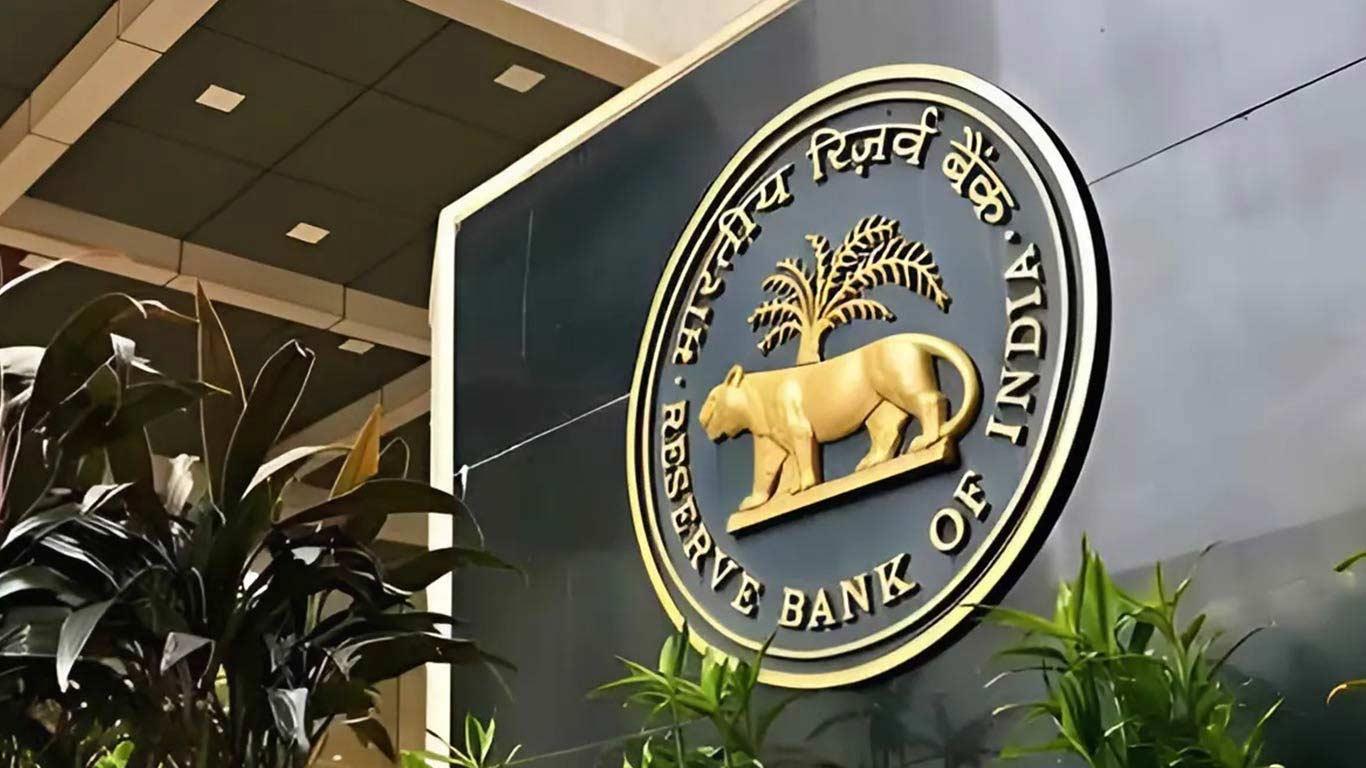
Employee Turnover Hits 25 Pc In Indian Private Banks: RBI Report
The report highlights this high turnover as a significant operational risk, particularly affecting private sector banks and small finance banks.
While private banks surpassed public sector banks in total employee count during 2023-24, they have experienced a sharp increase in attrition over the past three years.
The RBI emphasises that this trend poses substantial operational challenges, including disrupted customer services, loss of institutional knowledge, and increased recruitment expenses.
The central bank has explicitly communicated to banks that addressing attrition extends beyond human resource management and represents a strategic imperative.
To combat these challenges, the RBI recommends that banks implement comprehensive strategies focusing on enhanced onboarding processes, extensive training programs, career development opportunities, mentorship initiatives, competitive benefits packages, and the cultivation of a supportive workplace culture to foster long-term employee engagement.
The report also addresses concerns regarding gold loan practices, revealing several irregularities in the granting of loans against gold ornaments and jewellery, including top-up loans.
In response, the RBI has directed supervised entities to conduct thorough reviews of their gold loan policies, processes, and practices, emphasising the need for enhanced monitoring of portfolios and stronger controls over outsourced activities and third-party service providers.
Additionally, the report underscores the emerging challenges posed by climate change risks to the banking sector. These risks are expected to impact financial institutions' profitability, growth prospects, and inflation dynamics, potentially affecting both financial and price stability.
The RBI advocates for strengthening regulatory and supervisory frameworks through enhanced risk management guidelines, disclosure requirements, periodic stress testing, and the implementation of robust verification and assurance functions to address these environmental concerns.
(KNN Bureau)
Legal Disclaimer:
MENAFN provides the
information “as is” without warranty of any kind. We do not accept
any responsibility or liability for the accuracy, content, images,
videos, licenses, completeness, legality, or reliability of the information
contained in this article. If you have any complaints or copyright
issues related to this article, kindly contact the provider above.


















Comments
No comment